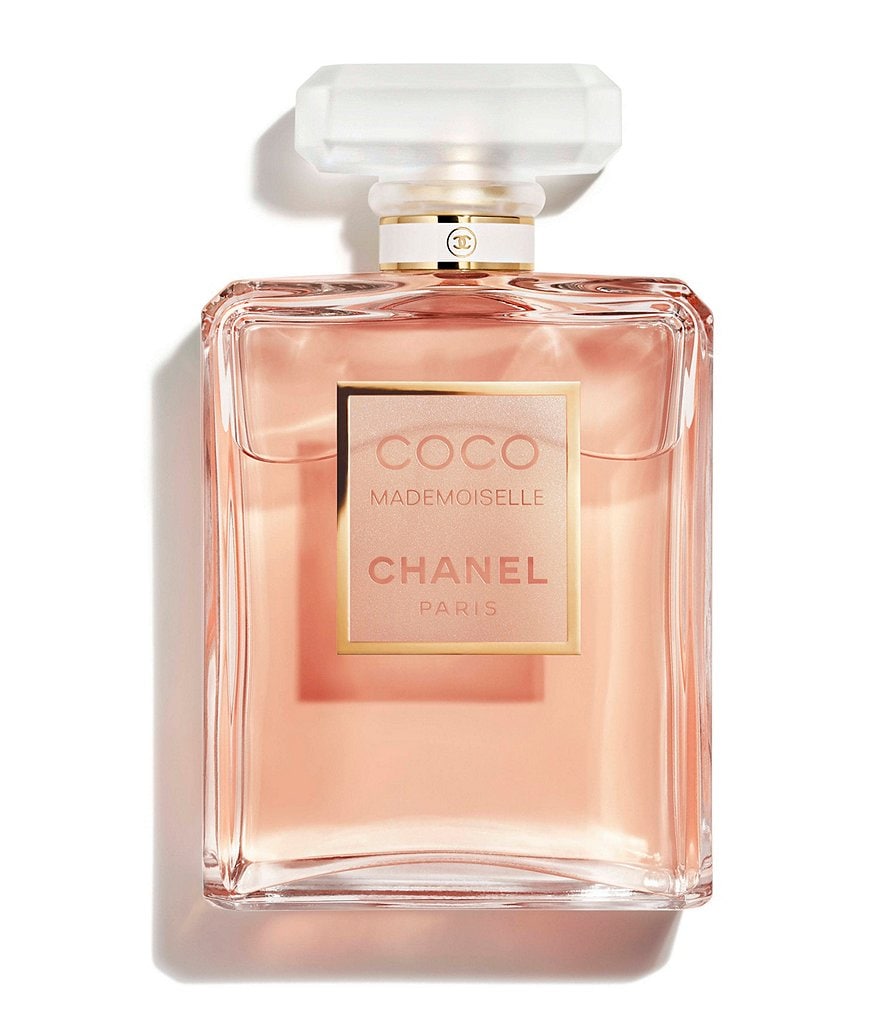The Bernard Rodriguez Journal
Exploring the latest trends and stories in news and lifestyle.
Chanel: More Than Just a Fashion Statement
Discover how Chanel transcends fashion, shaping culture and redefining elegance. Uncover the brand's deeper impact and legacy in style!
The Evolution of Chanel: A Legacy Beyond Fashion
The story of Chanel is one that transcends mere fashion; it is a testament to the enduring legacy of a visionary brand. Founded in 1910 by Gabrielle Bonheur 'Coco' Chanel, the house revolutionized women's fashion by introducing a level of simplicity and elegance previously unseen. Stripping away the overtly ornate designs of the late 19th century, Chanel's innovations, such as the iconic little black dress and the classic Chanel No. 5 perfume, challenged societal norms and provided women with a newfound sense of freedom and confidence. Chanel's designs were not just clothing; they were a radical approach to femininity, inviting women to embrace their independence.
As the years progressed, the influence of Chanel expanded far beyond clothing, evolving into a powerful cultural symbol. The brand's commitment to luxury and timeless style solidified its place in popular culture, with its logo, interlocking C's, becoming synonymous with sophistication. Chanel has also embraced modernity, adapting to current trends while holding true to its core values. This ability to innovate while respecting heritage has allowed Chanel to maintain its relevance across generations, ensuring that the legacy of Coco Chanel continues to inspire and empower individuals around the globe.

Chanel's Impact on Modern Feminism: Empowerment Through Style
Chanel's influence on modern feminism transcends mere fashion; it embodies a revolutionary shift in how women express their identities and assert their rights. By challenging traditional gender norms, Coco Chanel broke barriers with her designs, promoting empowerment through style. Her iconic creations, such as the little black dress and tailored suits, allowed women to embrace their individuality and liberation in a male-dominated society. This sartorial rebellion created a sense of freedom and confidence, enabling women to redefine their roles beyond domestic spheres.
Today, the legacy of Chanel continues to inspire a new generation of feminists who recognize the power of style as a form of self-expression and activism. From the runway to everyday wear, Chanel's aesthetic encourages women to challenge societal expectations and embrace their unique identities. As a result, modern feminism increasingly acknowledges the significance of fashion as a tool for empowerment, enabling women to voice their beliefs and assert their presence in both personal and public spaces.
How Chanel Revolutionized the Fashion Industry: Key Innovations and Trends
Chanel revolutionized the fashion industry with groundbreaking innovations that transformed women's clothing and style in the early 20th century. One of the key innovations was the introduction of the little black dress, which broke away from the vibrant, often restrictive garments of the time. This iconic piece was not merely about aesthetics; it symbolized liberation and a new sense of modern femininity. Additionally, Chanel's use of jersey fabric, originally intended for men’s underwear, allowed for a more comfortable and practical fit in women's fashion, paving the way for a more casual yet elegant style.
Chanel's influence extended beyond fabric choices; she was also a pioneer in marketing and branding. The launch of her Chanel No. 5 perfume in 1921 redefined how fashion houses approached fragrance as an essential element of their identity. This innovation inspired a wave of luxury branding that resonates in today’s fashion industry. Furthermore, Chanel's promotion of the tweed suit as a versatile and stylish option for women marked a significant shift toward practical, yet chic, attire. These innovations not only reshaped the trends of her time but also established enduring principles that continue to influence fashion.